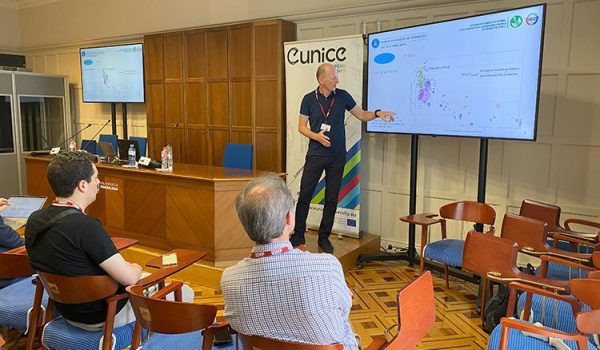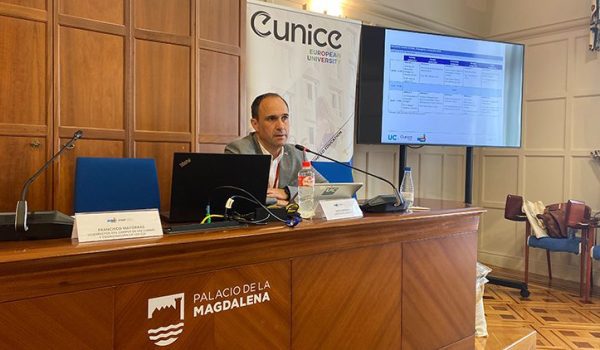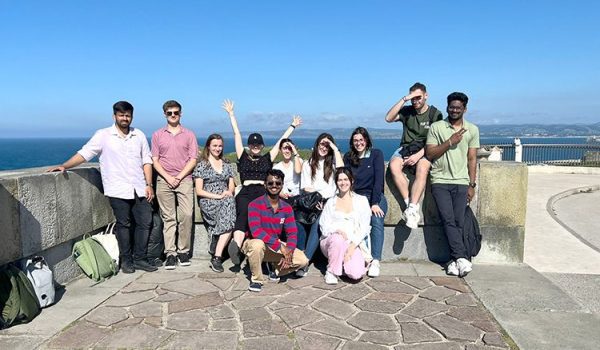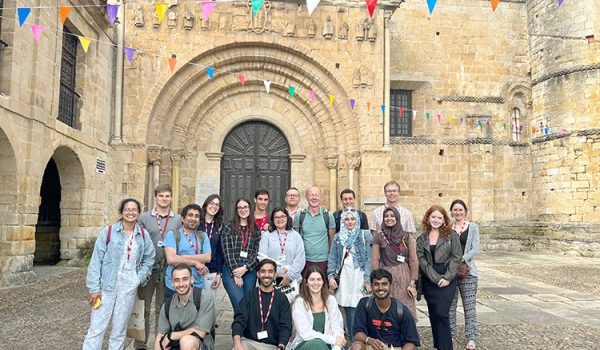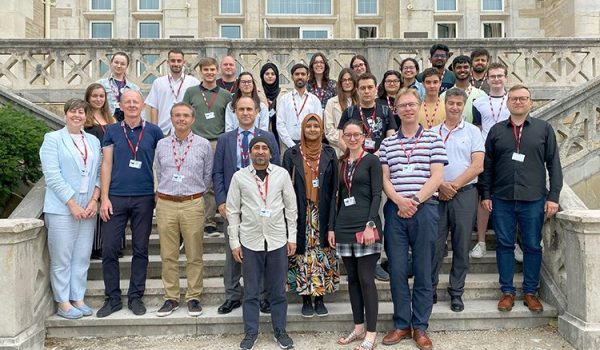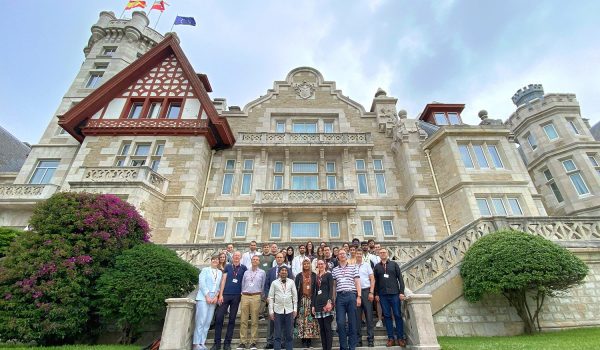EUNICE Summer School in Integrated Energy Systems took place in Spain during the last week of June 2024 and gathered students and professors from 9 EUNICE universities. Prof. Mañana, director of this course, highlighted the value of a multicultural perspective when addressing such topic.
Eighteen EUNICE students participated in this year’s edition of the EUNICE Summer School in Spain, co-organised by the University of Vaasa and the University of Cantabria. Lecturers coming from Universities of Cantabria, Hauts-de-France, Poznan, and Vaasa addressed the topic of Integrated Energy Systems: Challenges for a Sustainable World, especially oriented to PhD and Master students in the areas of sustainable development from the fields of industrial engineering, technology or environmental sciences.
This summer school took place in the Spanish city of Santander, at the Magdalena Palace, iconic location of the International University Menéndez Pelayo, a EUNICE associated partner. It consisted of a Blended Intensive Programme, an innovative learning modality within the framework of the European Union’s Erasmus+ programme which combines online and onsite training, and also provides mobility grants for those students who need to travel to take the onsite part of the course. This sort-term mobility programme allowed 18 EUNICE students to come to Spain from 24 to 28 June to deepen their knowledge in energy and, as explained by Mario Mañana, Vice-Rector for Sustainability and Digital Transformation at University of Cantabria, and Director of this summer school, in “how energy is produced, transported and demanded, how renewal energy is decarbonising the energy sector, and how materials recovered from energy waste can be reinserted into the circular economy.”
Matxalen Llosa, Vice-Rector for Internationalisation and Global Engagement at the University of Cantabria, highlighted that participants could “not only get academic contents, but also interact” with students from different universities, countries, cultures and backgrounds and, thus, “enjoy a very multicultural environment.” Vice-Rector Mario Mañana stated that “this multicultural approach to the problem is especially relevant in the topic of energy,” given that energy management “is different depending on the part of the world in which you are.”


